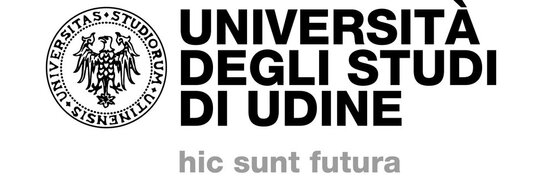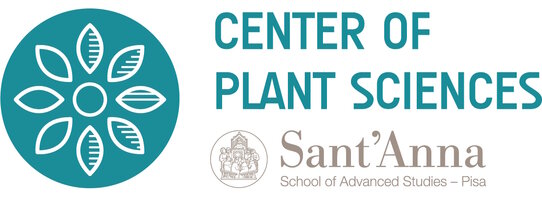The cultivation of grain legumes has become an important agronomic practice in recent years. It is recognized as a key strategy to promote ecosystem services and produce protein-rich seeds with high nutritional values, one of the main challenges currently addressed by the European Union and institutions worldwide regarding sustainability and food security.
Despite the increased cultivation of legumes like soybean, chickpea, and lentil, the Utilized Agricultural Area (UAA) dedicated to grain legumes remains limited in the EU compared to other countries. This trend appears to be caused by a series of complex issues nested throughout the entire food production and distribution chain, consequently generating a technological lock-in.
At the agricultural level, the main concern limiting the cultivation of grain legumes is represented by yield, being commonly reputed limited and unstable. However, in recent years, several studies have highlighted how the yield stability of these crops in Northern Europe is comparable to other common major crops.
The LEG-ITA project aims to identify the main factors determining the yield stability of tgrain legumes, in particular chickpea (Cicer arietinum). This objective aims to provide support for decision-making processes, both at the agricultural level and along the supply chain.





